T4K3.news
Security adviser opposes Gaza City takeover plan
National Security Adviser Hanegbi told ministers he opposed the Gaza City operation citing hostage safety concerns, even as the cabinet approved the plan.
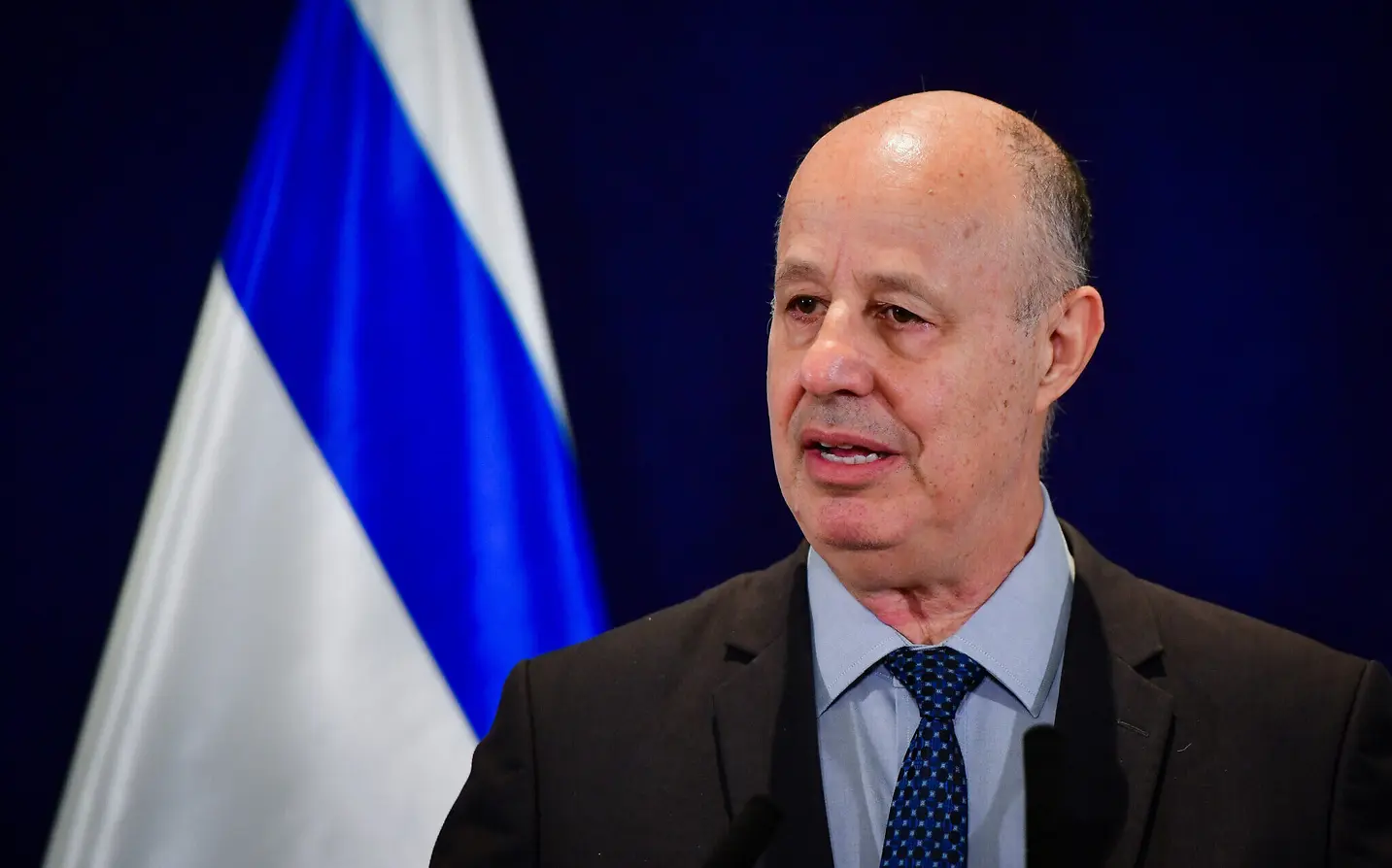
National Security Adviser Tzachi Hanegbi voiced opposition to Netanyahu's Gaza City takeover proposal amid a cabinet debate.
Security adviser opposes Gaza City takeover plan
National Security Adviser Tzachi Hanegbi opposed Prime Minister Benjamin Netanyahu's plan to take over Gaza City, telling the security cabinet that he is not prepared to give up on saving the hostages. He questioned how anyone who had seen videos of hostages could push a binary choice of everything or nothing. Several senior security officials reportedly warned the move could endanger hostages, including IDF Chief of Staff Lt. Gen. Eyal Zamir and Mossad Chief David Barnea.
Despite the misgivings, the security cabinet approved the proposal to take over Gaza City. The government described the move as a step to defeat Hamas, while some ministers pressed for a broader occupation or argued for a ceasefire path if a deal could be reached. The plan includes evacuating civilians toward the south with a two month window before a ground offensive, a tactic some argue could worsen hostage risk. The attorney general raised international law concerns about occupation-like actions, while hostages’ families protested in Tel Aviv, saying force will not secure their loved ones. Netanyahu and coalition partners debated the plan's scope and the political cost of escalation.
Key Takeaways
"I'm not prepared to give up on saving the hostages"
Hanegbi opposing the plan on hostage safety grounds
"Hamas won’t adhere to this diktat"
Comment cited about Hamas expectations under pressure
"Where did you get occupation from"
Netanyahu questions the terminology used for the plan
"If we are not going for a full occupation just for a deal it is not worth it"
Smotrich on the plan's scope and purpose
The clash inside the cabinet exposes a core tension in wartime decision making: urgency versus restraint. Hanegbi’s critique centers on hostage safety, a factor that can derail long-term negotiations even as military momentum drives action. On one side, hardliners seek a decisive move to crush Hamas; on the other, voices warn that a rapid occupation-like operation may backfire by endangering hostages and triggering broader backlash. The debate reveals how the government balances legal risk, humanitarian concerns, and political optics in a crisis where every move sends a signal to both domestic audiences and regional players.
As the plan moves from proposal to action, questions remain about what comes next. The distinction between occupier and controller is legal nuance with real consequences, and the exit path hinges on hostage outcomes and potential ceasefire talks. The episode highlights how coalition dynamics can shape or stall strategic choices in a high-stakes war.
Highlights
- Saving hostages should guide every decision
- Hamas won’t bow to threats
- Where did you get occupation from
- If we are not going for a full occupation just for a deal it is not worth it
Political sensitivity around Gaza operation
The report focuses on a high-stakes policy move with hostage safety at its core, revealing sharp internal disagreements and potential public backlash.
The coming days will show whether restraint or momentum defines the path forward
Enjoyed this? Let your friends know!
Related News

Six killed as civilians gather for aid in Gaza

Israel approves plan to seize Gaza City
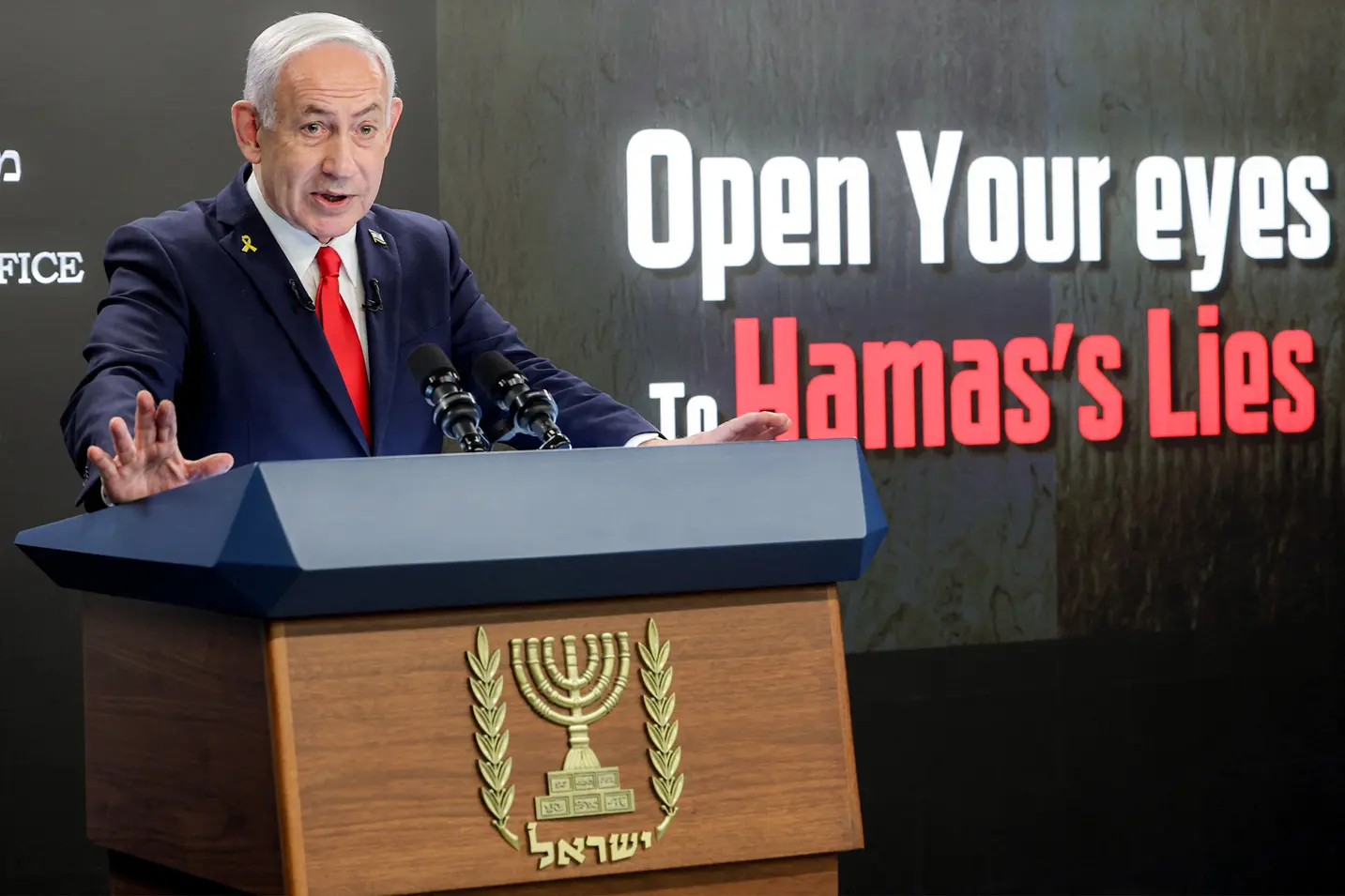
Israel outlines plan to free Gaza from Hamas
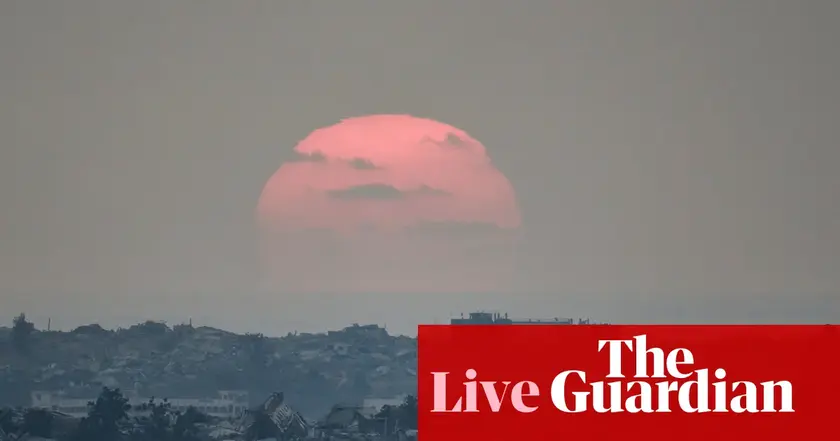
Gaza City plan triggers international backlash

Israel plans Gaza City takeover draws international outrage

UK urges de-escalation in Gaza plan
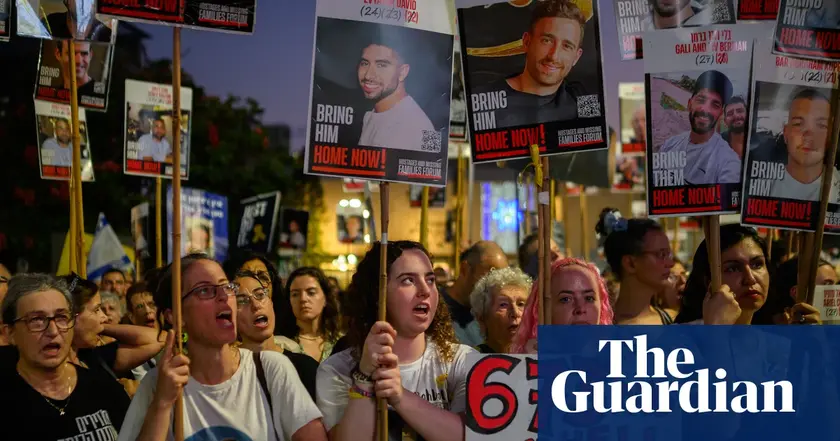
Tel Aviv protests challenge Netanyahu plan escalate Gaza war
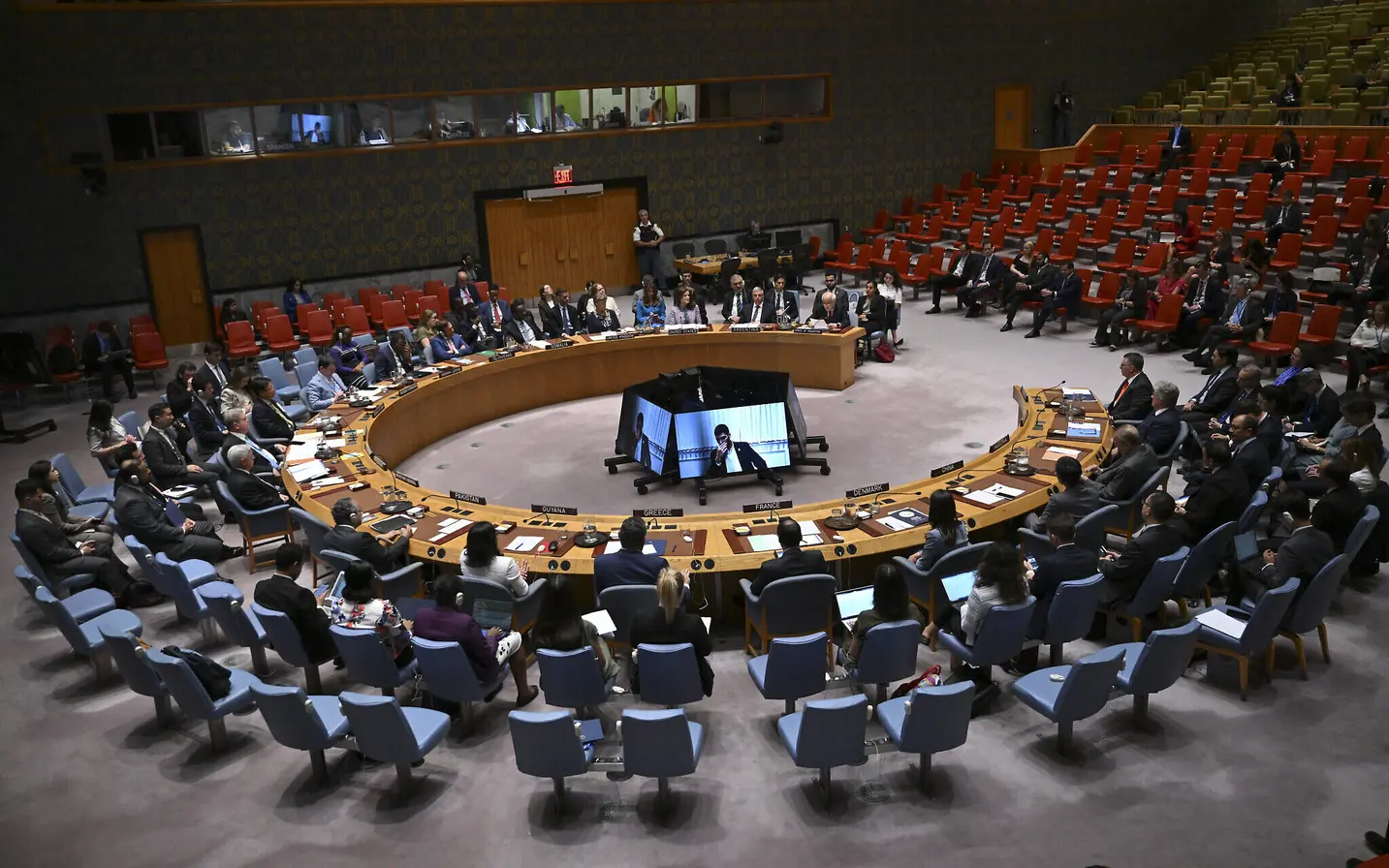
Israel Gaza City plan draws global condemnation
